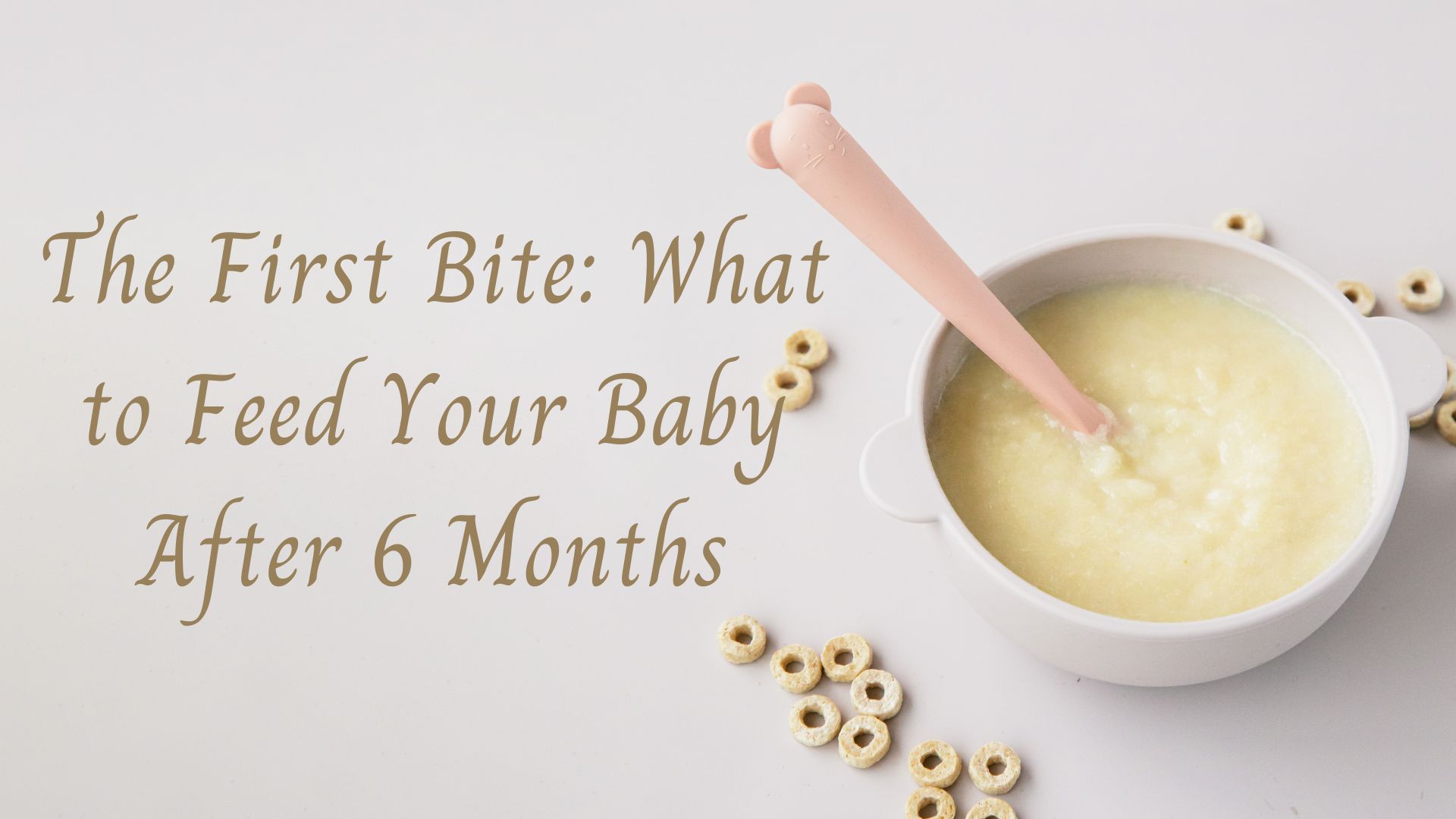
Introduction to Solids:
As a parent, you want to ensure that your child has the best possible start in life, and that begins with nutrition. It is critical for your baby’s growth and development to feed them nutritious, balanced meals, but determining what to cook and when can be difficult. That is why this handbook is here to assist you in preparing nutritionally balanced meals for your baby up to the age of a year.
Solid foods are typically introduced to babies after they reach the age of six months. This is due to the fact that breast milk is the best source of nutrition for newborns, and introducing solids too early can cause digestive issues.
Nutritional Value:
First and foremost, it’s important to understand what a nutritionally balanced meal looks like for a baby. Here’s a breakdown of the different food groups and how much of each your baby should be getting:
- Carbohydrates: About 1/4 to 1/2 cup per meal
- Protein: About 2-4 tablespoons per meal
- Fruits and vegetables: About 1/4 to 1/2 cup per meal
- Healthy fats: About 1-2 teaspoons per meal
It’s important to note that your baby’s nutritional needs will change as they grow, so be sure to consult with your pediatrician about any specific concerns.
Making your own baby food is a great way to ensure that your baby is getting a nutritionally balanced meal. This can range from as simple as pureeing fruits and vegetables, kanji to more complex meals incorporating various food groups.
Kheer and kanji are healthy first foods for babies because they are easy to digest and contain important nutrients such as carbohydrates, protein, and vitamins.
These foods also aid in the introduction of new tastes and textures to babies, which is an important part of their development. Other foods, such as mashed vegetables, fruits, and lentils, may be introduced to the baby’s diet as they grow older.
Preparation & Feeding:
To get you started, here are a few simple recipes:
- Rice or wheat flour is cooked in water until it forms a thin porridge to make kheer or kanji for a baby. The mixture is then sweetened with jaggery or fruit pulp. Before feeding the porridge to the baby, allow it to cool to room temperature.
- Sweet potato and apple puree: Roast sweet potatoes and apples in the oven until tender, then puree until smooth. Add breast milk or formula to thin out the mixture if needed.
- Dal puree: Cook dal and smash it with hands to achieve smoother texture. Salt is completely your choice and is not necessary for babies upto one year.
- Veggies puree: Boil the desirable veggies such as carrot, beetroot or tomato. Run it in a mixer jar and squeeze out the puree using clean cotton cloth. Add little water, if needed. Before adding the water, make sure it has been boiled and cooled.
When it comes to cooking for your baby, it’s important to keep things simple and avoid adding extraneous ingredients. Stick to whole foods as much as possible and avoid processed foods as much as possible. Ensure that everything prepared is best served with a small spoon and fed to the baby with a clean finger.
Cultural Significance:
In many families, introducing solid foods to a baby after six months is a significant milestone. It is frequently marked by a special ceremony known as ‘Annaprashan,’ in which the baby is given their first solid food in the presence of family and friends.
This tradition represents the importance of food in Indian culture and emphasises the role of community in bringing up children.
Challenges & Consideration:
While it is exciting to introduce solid foods to a baby, there are some challenges and considerations to keep in mind. Babies do not always respond positively to new foods, and it may take several attempts before they develop a taste for them.
It is also critical to introduce new foods one at a time while keeping an eye out for any signs of allergies or digestive issues. If parents have any concerns about their baby’s diet, they should consult with their paediatrician.
In addition to providing nutritious meals, it is critical to ensure that your baby is getting enough fluids. Breast milk or formula should continue to be the primary source of nutrition for babies under a year old, but small amounts of water can be introduced as early as six months.
Conclusion:
Because introducing solid foods to a baby after six months is a significant milestone, parents should be patient and cautious during this stage of their baby’s development.
Cooking nutritionally balanced meals for your baby up to a year old can be difficult, but it is certainly doable with the right guidance. If you have any specific concerns, consult with your paediatrician, and don’t be afraid to get creative in the kitchen! Your baby will be grateful to you for providing them with the nutrition they require to thrive.
Aside from the preparation and feeding, the baby gets messy by spitting foods as there are many reasons such as they don’t like or are new to chewing, etc. To avoid the mess being spit on their clothes, keep them clean by using our Herbal Baby’s Bib.
